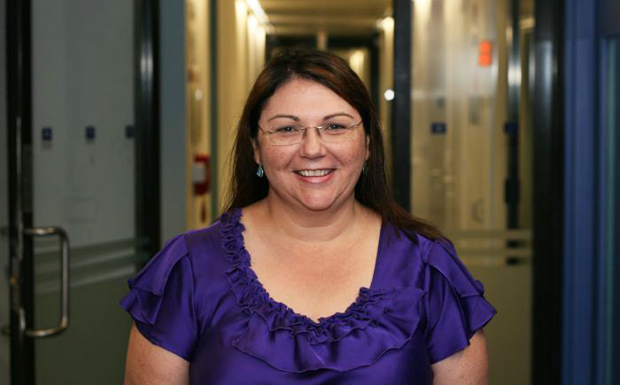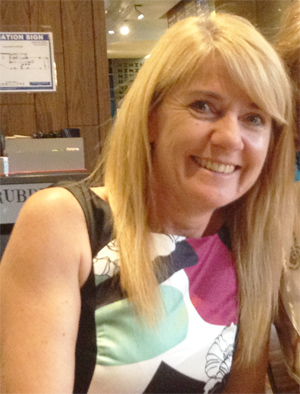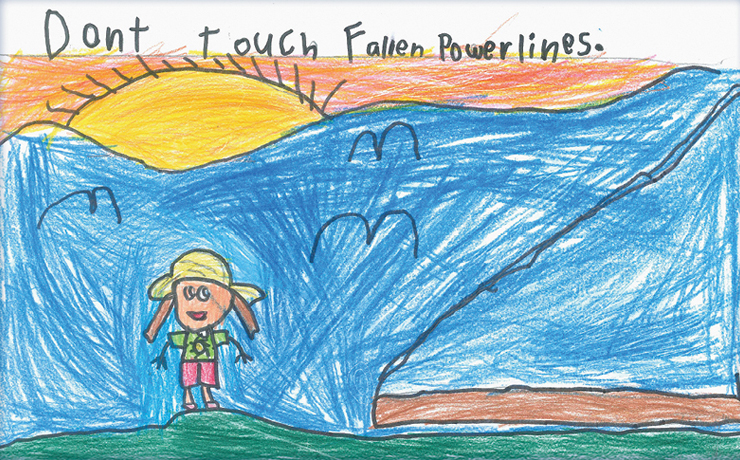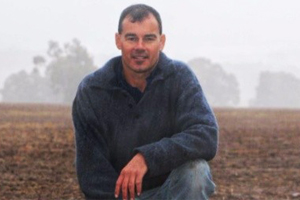
February 1, 2016
A workshop that aims to help people reduce stress, sleep better and improve their memories will be held in Kingaroy later this month.
Prof Selena Bartlett, from the Faculty of Health at the Queensland University of Technology, and former teacher Sheryl Batchelor will be presenting a two-stream workshop at the South Burnett Enterprise Centre in Kingaroy on Saturday, February 20.
“Brain Fitness For Healthy Bodies” is based on the concept of neuroplasticity, ie. that behaviour, environmental stimuli, thoughts and emotions can cause changes in the brain.
After an initial main workshop, two breakout sessions will run simultaneously:
- Weight Management and Stress Reduction – Prof Bartlett will explain neuroplasticity, how to reduce the effect of stress and how physical exercise can change the brain.
- Improving Learning Outcomes For Kids – Ms Batchelor will talk about brain training, understanding the emotional brain and non-computer-based strategies to help children focus and pay attention.
The day will run from 9:30am to 12:30pm.
Cost is $75 which includes morning tea.
- For more information, or to book, contact Tina Torrens at Torkit Business Solutions on 0417-010-292 or by email
* * *

Prof Bartlett’s work on addiction and obesity neuroscience was recognised with the 2013 Women in Technology (WiT) Biotech Research and the Biotech Outstanding Achievement awards.
In 2014, she developed a brain vitality index (BVI) app that combines the latest advances in neuroscience, brain imaging and mobile technology.
“The BVI app enables all of us to understand our brain health in order to live a vital life,” she told QUT News.
“The great breakthrough in neuroscience is that the brain has an amazing capacity for change, that is, the brain can change not just when you are young but forever.
“This means, if we don’t like what we are saying to ourselves we can work towards changing this immediately and begin to rewrite our brain stories.
“Often we are not aware of what we are saying to ourselves or the impact this has on our brain health.
“Your brain is a massive computer. If you get up in the morning thinking ‘I’m sad,’ or ‘I’m worthless’, it’s like entering a search for ‘worthless’.
“Your brain then sets about finding the evidence to support these thoughts and so the whole negative feedback loop becomes part of your brain’s hardware.
“Our brains hold onto negative thoughts more than positive thoughts and if we maintain and reiterate endless negative self-narratives it causes stress.”
Prof Bartlett said rewiring the internal narrative took time and practice until it became automatic.
























